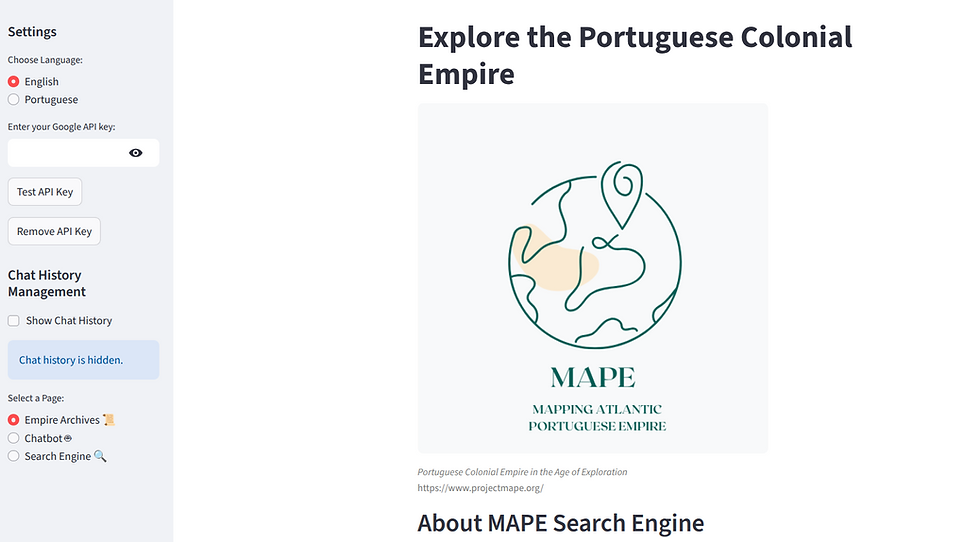Our project on "Imperial commoners of Brazil and West Africa (1640-1822)" got funded!
- Agata Bloch
- 27 gru 2022
- 2 minut(y) czytania
Our project got funded by National Science Center of Poland!

The history of Portuguese expansion shows extraordinary conquests, sea voyages and cross-cultural encounters. In the 17th, 18th and 19th centuries, Portugal created one of the largest European empires. In the overseas territories, the Iberian colonizers shared space with people of different ethnicities, skin colors, religions, and social status. This pluralism led to complex relationships between people of different social classes both in the metropolis and in the colonies and shaped societies around the world. Examining these relationships and the influence of the common people on the macrohistory/global history of the Portuguese Empire is the central goal of this project. We assume that the common people were actively involved in administrative, political, economic, religious, and other affairs despite constant oppression by elites. By combining digital humanities with history, in this project, we will analyze the communication patterns of the common people that produced common traits, narratives, and thought strategies on both sides of the Atlantic coast and demonstrated attitudes that transcended class and gender. To this end, we will use modern natural language processing techniques to expand and enrich our dataset of nearly 170,000 documents of official communication between the Atlantic colonies and Portugal, from the rise of the Braganza dynasty to Brazilian independence (1640-1822). This unique dataset contains themes from the daily lives of the colonies' inhabitants, with their challenges, struggles, dreams, hopes, and choices. It allows us to observe how their experiences changed over the centuries compared to the historical milestones of the empire. The dataset will provide historians and social network researchers with valuable resources to study social and political processes in the empire on an unprecedented scale. The relational data will allow us to reconstruct prosopographic networks and examine the engagement of groups in colonial societies with the authorities, according to subject, time, and space. In addition to answering the question of who writes to whom, when, and about what, we will also examine macro-level political changes. These changes are manifested in the structural development of correspondence networks and show how different types of information reached the officials of the empire, including the monarch. The goal of this project is to bring together the important role of the colonies and the actions of ordinary people who were not elites. We assume that many of them - whites, blacks, natives, gypsies and autochthones, women and men, Catholics and non-Catholics, free and enslaved, members of lower social classes, lower social positions and occupations - actively shaped the rules and policies of Brazilian and West African colonial spaces. This study goes beyond the historical mainstream based on the Atlantic elite and shows how smaller non-elite groups and their local networks shaped the Global South from below.



Komentarze